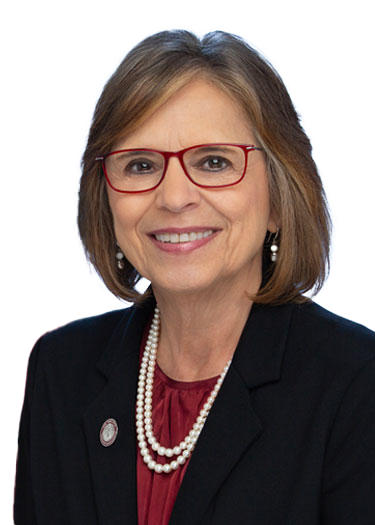Legislators Fight to Protect STOP-DWI Program, Push for Solution in Finalized State Budget
Albany, NY – Assemblywoman Donna Lupardo, Senator Tim Kennedy and others are advocating for measures to protect local STOP-DWI programs, which are facing funding shortages. The State Senate’s budget proposal includes a measure to address this concern.
The STOP-DWI program was created in 1981 to provide counties with resources to reduce DWIs. The success of the program is clear: after just 10 years, the likelihood of being involved in a drunk driving crash dropped by nearly 70%. However, currently, surcharges associated with impaired driving offenses are collected first and deposited into the General Fund; fine revenue that is supposed to fund STOP-DWI is collected after the surcharges and often goes unpaid.
The resulting loss of revenue, which has declined 55.5% statewide since 2010, has created a significant financial burden for counties which have had to make up the difference. The current situation leaves these local programs underfunded and at risk of eliminating services or shutting down completely. At the same time, highway fatalities in New York have increased by 17% since 2018 and drug-related highway fatalities have increased 54% since 2014.
This revenue is needed for enforcement efforts such as checkpoints, increased patrols during State crackdown periods and overtime for local police agencies. Funds also support rehabilitation programs and public awareness campaigns.
Legislation sponsored by Assemblywoman Lupardo (A4755) and Senator Kennedy (S2712) proposes that the fees and surcharges associated with impaired driving offenses be redirected to county STOP-DWI programs. Currently, the Senate’s one-house budget proposal includes this policy, and both state lawmakers are pushing for it to be included in the final state budget. This legislation is just one potential solution to shore up the fiscal integrity of the programs, providing an important funding stream to address issues related to increased incidences of drugged driving.
Assemblywoman Donna Lupardo said, “Local STOP-DWI programs are crucial to safe roads and safe communities. This funding gap has been ignored for too long, putting essential services like sobriety checkpoints and driver rehabilitation at risk of elimination. At the same time, our state is facing new challenges, including the opioid crisis and designer drug use, that make impaired driving enforcement more critical than ever. STOP-DWI saves lives and is too important to put at risk.”
Senator Tim Kennedy, Chair of the Senate Transportation Committee, said, "New York’s STOP-DWI Program has long been the backbone of the State’s efforts to reduce the incidence of impaired driving, and its success in doing so has been notable. It is imperative that the fiscal integrity of the program be restored and maintained, which is why we have advanced legislation to do so, and which is why I was proud to prioritize this, along with Leader Andrea Stewart-Cousins and our Conference, in the Senate one-house budget proposal. As we look forward to a finalized budget, it is our hope that this remains a priority for both houses and the Governor."
Sheriff Craig Apple, President of the New York State Sheriffs’ Association, said, “Sheriffs, many of whom bear the responsibility of running the STOP-DWI program in their counties, share the concerns expressed by the STOP-DWI Association. We’ve reached a point where the old ways of supporting this critical public safety program are no longer adequate. DWI fine revenue, which pays for county DWI reduction programs, is way down while the State General Fund continues to rake in millions in DWI surcharge money. The important and effective STOP-DWI efforts by counties across New York are in danger of ending unless the State addresses this fundamentally unfair funding situation soon.”
Regional Executive Director of Mothers Against Drunk Driving (MADD-NY), Shawn Hirst, said, “New York’s STOP-DWI program is a longstanding partner of MADD in our efforts to reduce drunk and drug-impaired driving. We call upon Governor Hochul and the Legislature to take the necessary steps to ensure that this vital program can continue to serve New York communities by working toward the elimination of drunk and drug-impaired driving.”
